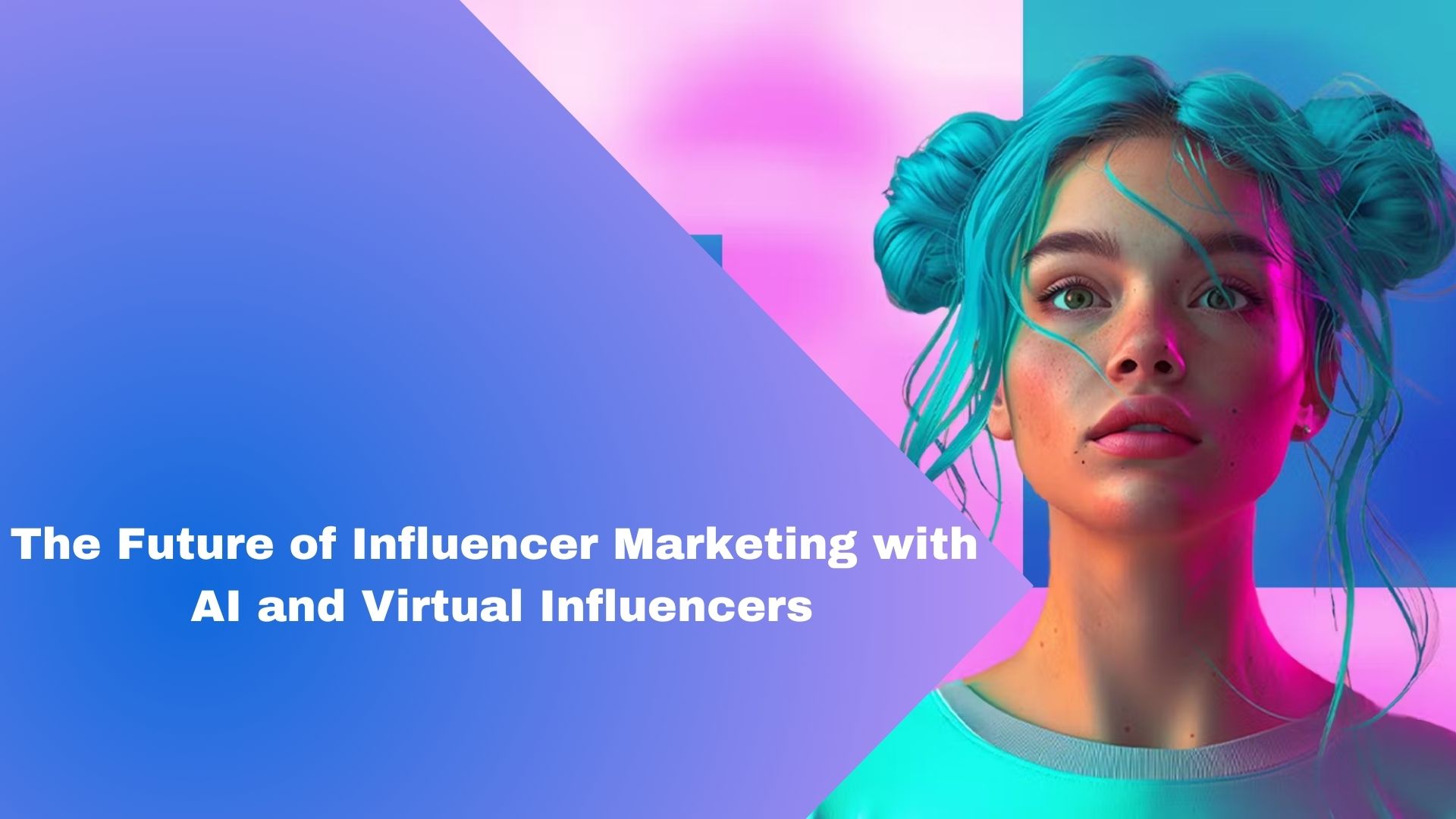Influencer marketing is rapidly evolving, and AI-generated influencers are changing the way brands connect with their audiences. As artificial intelligence progresses, virtual influencers—computer-generated personalities with human-like traits—are gaining popularity. They offer brands greater control, consistency, and scalability in their marketing campaigns.
What Are AI-Generated Influencers?
AI influencers are digital personalities created using artificial intelligence, computer-generated imagery (CGI), and deep learning. They exist solely on social media and can be programmed to engage with followers, promote products, and interact like real people. Some well-known virtual influencers include Lil Miquela, Shudu Gram, and Noonoouri, who have collaborated with major brands such as Prada, Samsung, and Dior.
How AI and Virtual Influencers Are Reshaping Marketing
- Greater Brand Control: Unlike human influencers, AI-driven personalities do not exhibit personal biases or unpredictability, ensuring consistent brand messaging.
- 24/7 Engagement: AI influencers can interact with followers around the clock, creating a more dynamic and responsive digital presence.
- Scalability and Cost Efficiency: Brands can create and customize AI influencers at a fraction of the cost of traditional influencers, eliminating the need for expensive endorsements.
- Personalized Content: AI can analyze audience behaviour and generate tailored content, making influencer marketing more data-driven and effective.
- Expanding the Metaverse: As the metaverse and augmented/virtual reality technologies grow, AI influencers will play a crucial role in shaping digital experiences and virtual commerce.
The Future of Influencer Marketing
AI-driven influencers will not entirely replace human influencers but will complement traditional strategies by providing innovative, scalable, and highly controlled marketing solutions. As AI continues to evolve, brands must adapt to this new era of digital storytelling and audience engagement. The Future of Influencer Marketing with AI and Virtual Influencers
Influencer marketing is rapidly evolving, and AI-generated influencers are changing the way brands connect with their audiences. As artificial intelligence progresses, virtual influencers—computer-generated personalities with human-like traits—are gaining popularity. They offer brands greater control, consistency, and scalability in their marketing campaigns.
What Are AI-Generated Influencers?
AI influencers are digital personalities created using artificial intelligence, computer-generated imagery (CGI), and deep learning. They exist solely on social media and can be programmed to engage with followers, promote products, and interact like real people. Some well-known virtual influencers include Lil Miquela, Shudu Gram, and Noonoouri, who have collaborated with major brands such as Prada, Samsung, and Dior.
How AI and Virtual Influencers Are Reshaping Marketing
- Greater Brand Control: Unlike human influencers, AI-driven personalities do not exhibit personal biases or unpredictability, ensuring consistent brand messaging.
- 24/7 Engagement: AI influencers can interact with followers around the clock, creating a more dynamic and responsive digital presence.
- Scalability and Cost Efficiency: Brands can create and customize AI influencers at a fraction of the cost of traditional influencers, eliminating the need for expensive endorsements.
- Personalized Content: AI can analyze audience behaviour and generate tailored content, making influencer marketing more data-driven and effective.
- Expanding the Metaverse: As the metaverse and augmented/virtual reality technologies grow, AI influencers will play a crucial role in shaping digital experiences and virtual commerce.
The Future of Influencer Marketing
AI-driven influencers will not entirely replace human influencers but will complement traditional strategies by providing innovative, scalable, and highly controlled marketing solutions. As AI continues to evolve, brands must adapt to this new era of digital storytelling and audience engagement.

